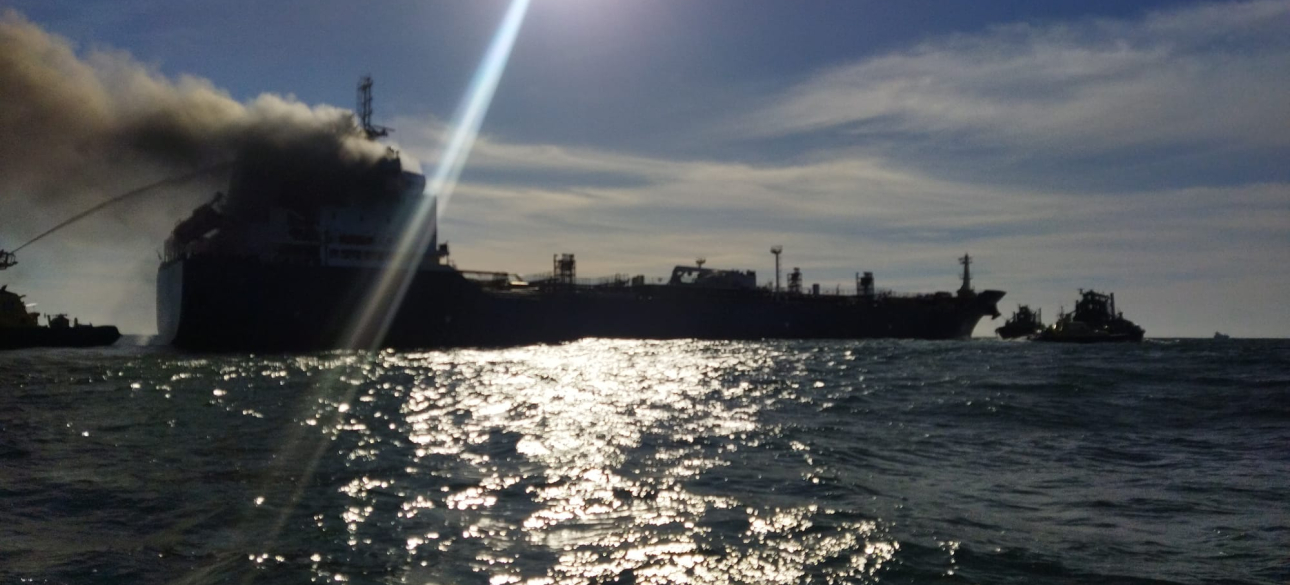
In particular, the United Kingdom has imposed sanctions against 30 tankers and several Russian insurance companies. And sometimes even euphoria can be seen that these are very powerful steps against the aggressor country. Unfortunately, it is not quite so. Secondly, even under sanctions, tankers can continue to deliver Russian oil and earn billions of oil dollars.
These sanctions do not affect vessels that move directly between the ports of Russian and buyers who do not support sanctions, such as China and India. And in addition, the vessels of the shadow fleet, even if they are under sanctions, can overload oil to other tankers that deliver the resource even to Europe. The shadow vessels are tranted to other tankers (SS operations) that are not under sanctions and already deliver the resource to the ports of buyers.
There were several areas of mass operations of such operations, including the coast of Greece, Oman, Morocco and other regions. In May this year, the Greek authorities began to attempt to prevent such operations through the deployment of naval exercises near its coast. And this began to give effect - the number of tankers of the shadow fleet declined sharply in the region.
This has pushed Athens to conduct the exercises - they have continued and have recently been continued in the sixth time - until March next year. However, space in seas and oceans is enough. And the shadow fleet simply started carrying out operations to pass oil in other places. In particular, the shadow fleet tankers moved to the islands in the Aegean Sea.
In addition, large volumes of transshipment over the last year took place near the coast of Malaysia: in the nine months of 2024, the region has been transsed 350 million barrels of oil per $ 20 billion. The problem was that there were many tankers. This situation has been delayed with the imposition of sanctions against the Russian oil industry.
The Western world delayed sanctions, as countries wanted to prepare for the abandonment of Russian oil, which was introduced almost a year after a full -scale invasion of Ukraine. Naturally, the Russian authorities and companies were preparing for it equally active. Although in the initial stages of sanctions, the market was to some extent in a state of shock, which really led to the fall of the price of Russian oil due to the provision of discounts, then the situation changed.
And hundreds of tankers of the shadow fleet make it possible to bypass sanctions. Some observers suggest more efforts to track all shadow tankers. But the question - what forces will this do? Which countries will be involved in which countries? Who will finance it? The simple blocking of the regions of SSS operations with the participation of the shadow fleet does not work. Just drive tankers with Russian oil seas and oceans - how to wear water in the sieve.
But there are options that can be more effective. Andriy Klimenko rightly noted from the Institute of Black Sea Strategic Studies, which makes sense in blocking the ducts for the tankers of the shadow fleet, at least for those vessels on which sanctions are imposed. Mr Klimenko notes that about 60 % of Russian oil leaves from ports on the Baltic Sea, which is about 10-12 million tons per month. 20% of the Port of the Black Sea and another 20% from the ports of the Far East and North.
Based on this statistics, it is in the Baltic Sea that measures should be taken to stop this flow. This can create a surplus of Russian oil offers for its buyers, and therefore will put pressure on the price. It is likely that India and China will begin to demand greater discounts from the Russian Federation. And in general, it will affect Russian revenues - exactly what the G7 countries have achieved, imposing sanctions.










All rights reserved IN-Ukraine.info - 2022